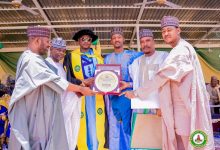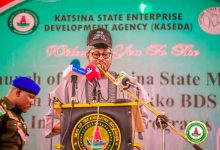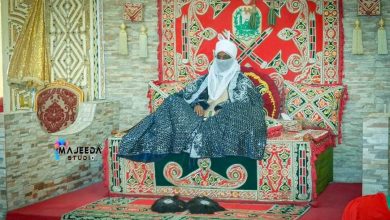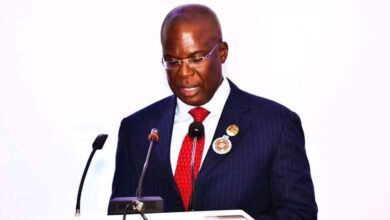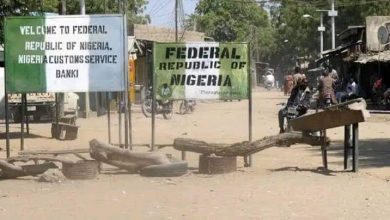The Clash Between Kano State Government and Kano State Emirate Council: A May 2024 Update
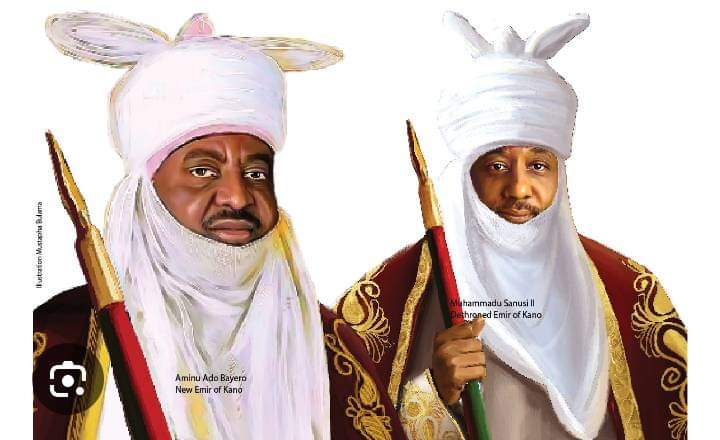
In May 2024, a significant political tussle unfolded between the Kano State Government and the Kano State Emirate Council, marking a critical moment in the region’s governance and cultural dynamics. This conflict has drawn widespread attention, sparking debates on the balance of power between traditional institutions and state authorities in Nigeria.
Background: Historical Context of the Conflict
The Kano Emirate, one of Nigeria’s oldest and most influential traditional institutions, has a rich history dating back to pre-colonial times. The Emir of Kano, as the head of the Emirate, holds significant cultural and spiritual authority among the Hausa people. However, this traditional power has often clashed with the administrative authority of the state government.
Tensions between the Kano State Government and the Emirate Council have been simmering for years. These tensions were exacerbated in 2019 when the then-Governor Abdullahi Ganduje split the Kano Emirate into five smaller entities, a move widely seen as an attempt to diminish the influence of Emir Muhammadu Sanusi II, who was later dethroned.
The 2024 Confrontation: Key Events
In May 2024, the conflict between the Kano State Government, led by Governor Abba Kabir Yusuf, and the Emirate Council, under Emir Aminu Ado Bayero, reached a boiling point. The dispute centered around several contentious issues:
- Administrative Autonomy: The Kano State Government proposed new legislation aimed at increasing state oversight over traditional councils. This move was perceived by the Emirate Council as an encroachment on their autonomy and traditional authority.
- Funding and Resources: There were allegations from the Emirate Council that the state government was deliberately withholding funds allocated for the maintenance and activities of the Emirate. The state government countered these claims, stating that financial austerity measures were necessary due to budgetary constraints.
- Land and Development Disputes: Disagreements over land use and development projects also played a significant role. The Emirate Council accused the state government of encroaching on lands historically managed by the Emirate for development purposes without adequate consultation.
Reactions and Public Sentiment
The confrontation has elicited mixed reactions from various quarters. Many traditionalists and supporters of the Emirate Council view the state government’s actions as a direct attack on their cultural heritage and the historical role of the Emirate. On the other hand, proponents of the government argue that increased state oversight is essential for modernization and ensuring accountability in traditional institutions.
Local media coverage and social media platforms have been abuzz with debates, reflecting the divided opinions among the populace. While some advocate for preserving the sanctity of traditional institutions, others emphasize the need for reforms to align with contemporary governance practices.
Potential Implications and Future Outlook
The outcome of this conflict could have far-reaching implications for the relationship between state governments and traditional institutions across Nigeria. If the state government’s measures are implemented, it could set a precedent for other states to follow, potentially diminishing the power of traditional councils nationwide. Conversely, a resolution favoring the Emirate Council could strengthen the role of traditional rulers in governance.
For now, both sides appear entrenched in their positions, with ongoing negotiations and legal battles likely to shape the future of Kano’s political landscape. Observers are keenly watching how this conflict will be resolved, as it will undoubtedly impact the region’s socio-political fabric.
Kano State Government, Kano State Emirate Council, May 2024, Emir Aminu Ado Bayero, Governor Abba Kabir Yusuf, traditional institutions, Nigerian politics, governance, cultural heritage, administrative autonomy, land disputes.
In conclusion, the May 2024 clash between the Kano State Government and the Kano State Emirate Council underscores the delicate balance between modern state governance and traditional authority. The resolution of this dispute will not only affect Kano State but could also influence the broader dynamics of governance and tradition in Nigeria.
arewanahiya.com
